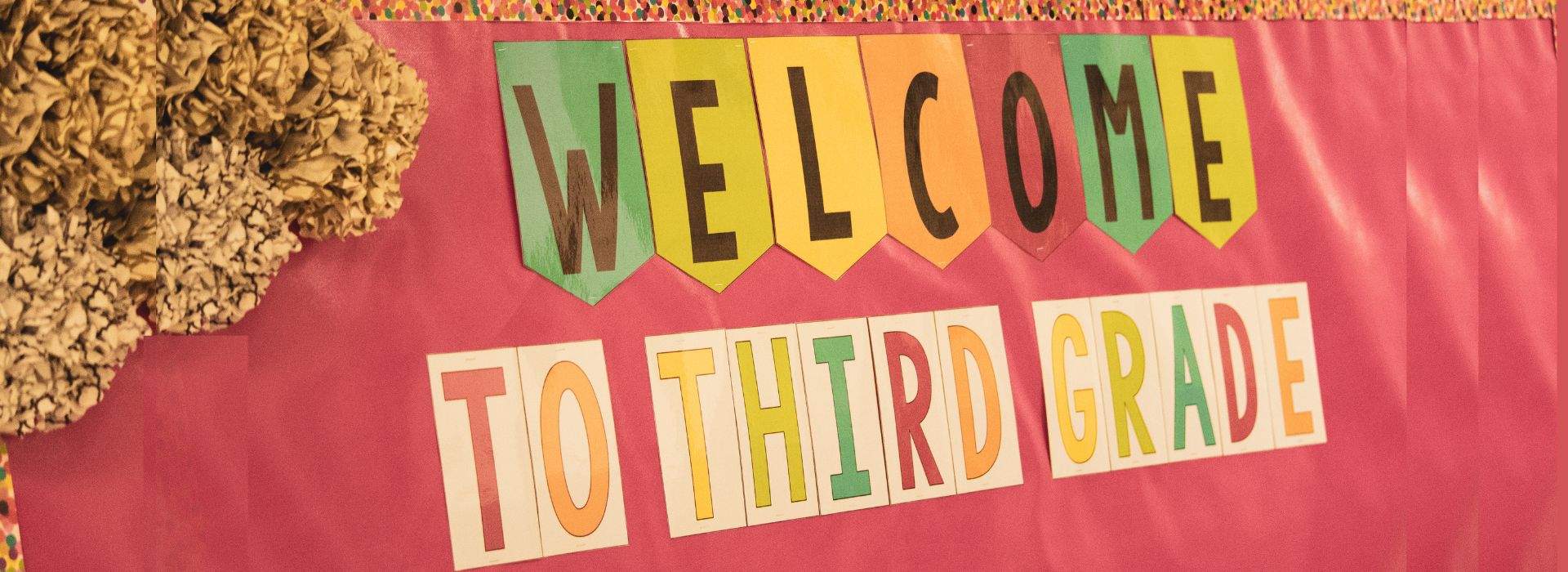As a parent, you’re undoubtedly aware of the importance of a strong foundation in mathematics for your child’s future success. 3rd grade is a pivotal year when students dive deeper into the world of math, building upon the concepts they’ve learned in previous years. In this article, we’ll explore the ten essential math skills your child will master in the 3rd grade, with in-depth explanations and engaging examples for each skill.
1. Addition and Subtraction:
In the 3rd grade, students continue to refine their addition and subtraction skills, enabling them to tackle more complex problems with confidence. They not only work with two-digit numbers but also venture into adding and subtracting three-digit numbers. Let’s delve into this skill with some engaging examples:
Example 1: Mental Math Marvels
Consider the problem: 245 + 138 =?
In mastering this, children become mental math marvels. They learn to break down numbers and perform calculations efficiently, making math fun and efficient.
Example 2: Real-World Problem Solving
Imagine you’re at the grocery store, and you have $20. You want to buy some apples for $8. How much money will you have left after buying the apples?
Here, kids apply their addition and subtraction skills to real-life scenarios, enhancing their practical math knowledge.
2. Multiplication Basics
The introduction of multiplication is a significant milestone in 3rd-grade math. Your child will learn multiplication tables, which lay the groundwork for more advanced math concepts like multiplication of larger numbers. Let’s illustrate this with a simple multiplication problem:
Example: Supermarket Multiplication
Picture this: If you buy 4 packs of cookies, and each pack has 6 cookies, how many cookies do you have in total?
By memorizing multiplication tables, students build the foundation for solving more complex equations in the future, making math a superpower for them.
3. Division Fundamentals
Division becomes a core part of the curriculum in third grade. Students grasp the concept of division and learn to solve division problems. Here’s an example:
Example: Equal Shares
Suppose you have 48 candies, and you want to share them equally among 6 friends. How many candies will each friend receive?
Understanding division is crucial for later math courses and real-life problem-solving. It teaches kids the art of fair sharing.
4. Fractions and Decimals
In third grade, your child will be introduced to fractions and decimals. They’ll learn to recognize, compare, and perform operations with fractions and decimals. For instance:
Example: Mixing Fractions and Decimals
Let’s say you have a pizza. You’ve eaten 1/4 of it, and your friend has eaten 0.75 of it. How much of the pizza is left?
Working with fractions and decimals helps students develop a deeper understanding of numbers and their relationships. It also teaches them to be precise in their calculations.
5. Measurement and Data
Measurement skills are honed as third graders explore length, volume, weight, and time. They’ll also delve into data analysis, creating and interpreting graphs. Consider this scenario:
Example: Classroom Data Scientists
Measure the length of the classroom in feet and create a bar graph to represent the favorite colors of your classmates.
These activities help students apply math to real-world situations and improve their data interpretation skills. They become data scientists in their own right, exploring the world through numbers.
6. Geometry Explorations
Geometry takes center stage as students delve into shapes, angles, and symmetry. Your child will explore the properties of 2D and 3D shapes, such as:
Example: Shape Detectives
Identify the symmetrical axis in the shape below:
[Symmetrical shape]Understanding geometry enhances spatial reasoning and problem-solving abilities. Kids become shape detectives, exploring the world with a new perspective.
7. Problem-Solving Prowess
Third graders enhance their problem-solving abilities by tackling more complex math word problems. They learn to apply mathematical concepts to real-life situations, such as:
Example: Candy Sharing Challenge
If you have 12 candies and want to share them equally among 4 friends, how many candies will each friend receive?
This skill is vital for developing critical thinking and logical reasoning. It transforms everyday situations into exciting puzzles.
8. Time and Money
Time-telling skills become more advanced in third grade, and your child will also master counting money, making change, and understanding basic financial concepts. Here’s an example involving both time and money:
Example: Budgeting Adventure
If a toy costs $15, and you have $25, how much change will you receive if you buy the toy?
These skills prepare students for financial literacy and real-world transactions. They become the budgeting experts of the family.
9. Patterns and Sequences
Recognizing and creating patterns and sequences is another key skill developed in third grade. It’s a fundamental concept in math and logic. For instance:
Example: Sequence Sleuths
Identify the pattern in the following sequence: 2, 5, 8, 11, …
Understanding patterns helps students make predictions and solve more complex math problems. They become detectives, finding order in seemingly random sequences.
10. Introduction to Probability
While not as advanced as in higher grades, third graders are introduced to basic probability concepts, helping them understand chance and uncertainty. An example of this concept might be:
Example: Dice Decision-Making
What is the probability of rolling a six on a fair six-sided die?
Introducing probability sparks curiosity and sets the stage for more advanced statistical thinking. Children learn to make informed decisions in uncertain situations.
Conclusion:
In conclusion, 3rd-grade math is a critical stage in your child’s mathematical journey. By mastering these ten essential math skills, they not only build a strong foundation but also develop problem-solving abilities that will benefit them throughout their academic and real-life pursuits. Encourage your child’s curiosity and provide opportunities for hands-on learning to make the math journey engaging and rewarding. These skills are not just math, they are life skills, and they are paving the way for a bright future.




